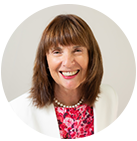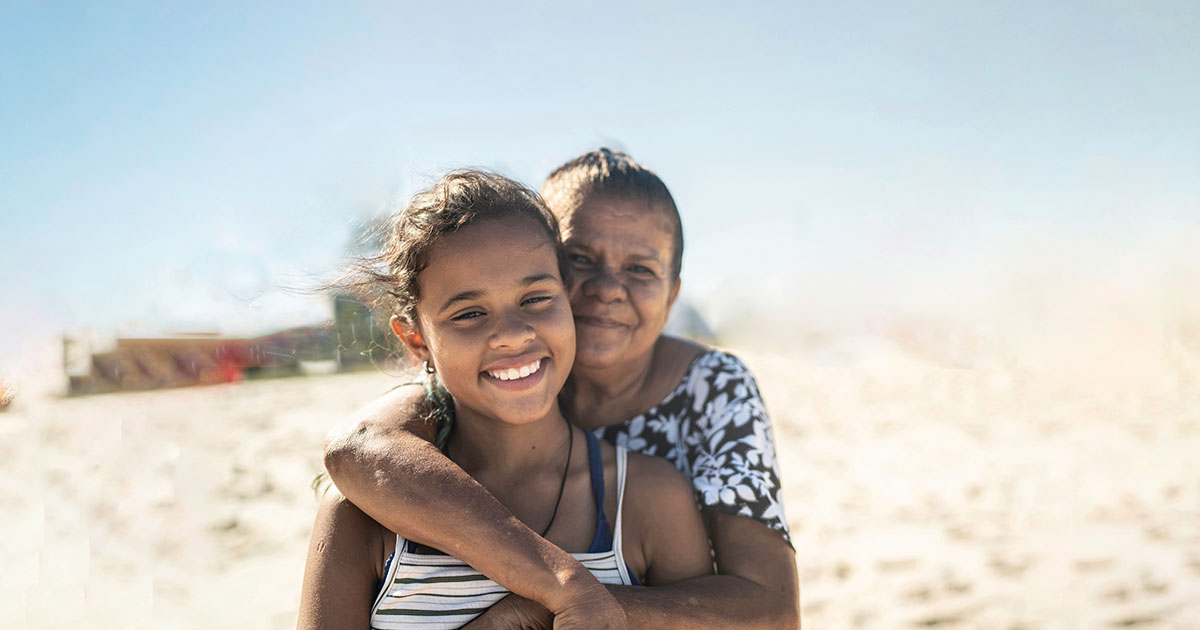International Women’s Day: Together, let’s end homelessness for women in Australia
- Details
This International Women’s Day (8 March), we’ll be celebrating the women in our lives and women’s contributions to the communities we live and work in.
But while there is much to celebrate, I first want to draw attention to the challenges and barriers that stand in the way of women thriving in 2023.
It alarms many to know that older women are one of the fastest growing groups of people who are homeless, often because they have low retirement savings, face a range of later-in-life shocks, and are struggling to keep up with the rising costs of housing and living. These women are our grandmothers, mums, aunties, siblings, friends and colleagues.
Women who live in Australia are also more likely than men to earn less, with the WGEA 2022 Scorecard showing the gender pay gap sits at 22.8% and women are 1.5 times more likely to be in the lowest earning bracket. Women are also more likely to live in poverty, seek support from specialist homelessness services, provide unpaid care and be in insecure work.
Statistically, women are more likely than men to face domestic and family violence. At Mission Australia, we stand against domestic and family violence through our service delivery and our advocacy. Women often have to decide between escaping their situation into homelessness or stay in an unsafe situation just to keep a roof over their head. The severe lack of affordable housing and far too low level of income supports, as well as financial constraints and the cost of childcare all play into a woman deciding to leave an abusive relationship.
It is incredibly important to me that I do everything I can as CEO of Mission Australia to support gender equality and to be a strong female voice advocating for an Australia where policy settings properly support women (and everyone) to thrive across the country. We are seeing progress, but we still need stronger national strategies that will end homelessness and poverty, address the gender pay gap, ensure childcare is affordable and address the gendered drivers of violence against women.
Australia’s governments must create policies that better support vulnerable people, including women. Ensuring women who need it have access to safe, secure, affordable and local accommodation is a huge part of the solution. Yet Mission Australia’s homelessness support workers, and our sector colleagues, simply can’t provide enough safe, secure homes for every woman who needs it, because there isn’t enough housing to go around.
As we head towards the May Federal Budget, we hope to see far greater long-term investment in social and affordable homes – beyond the existing commitments – so we can end homelessness in Australia, not just for women, but for everyone. The Labor government have made a good start with their commitment of $10 billion to build 30,000 new social homes, but much more still needs to be done.
The Federal Government must also increase JobSeeker and related allowances. Women are disproportionately affected by the current meagre level of income support, especially at a time where the rising cost of living is crushing for so many trying to make ends meet and avoid homelessness.
Turning our attention to our wonderful staff members, we make a point of applauding and acknowledging the often overlooked but absolutely crucial role of women who serve and advocate for people and families when they are at their most vulnerable. Every day, many of our female staff – who make up around three-quarters of our workforce – go above and beyond to provide quality supports, case management and safe homes for women facing challenges such as escaping domestic and family violence, or who are living in poverty or homeless because of the rental and housing crisis.
Not only are women the majority at Mission Australia, now for the first time in our organisation’s 160-year plus history, females are also the majority on our Board. The Board felt when I was appointed last year that a female CEO was the right appointment at the right time, and we have a gender balanced Executive team. I’m a firm believer that gender equity in the workplace at all levels is important. When women lead and are in senior positions, we can make changes from the inside, and everyone benefits.
And we stand on the shoulders of giants. Over the years, there have been myriad women working and volunteering for us and women who we’ve served through our community services and housing who have inspired us with their achievements, grit, drive and resilience.
Back in the early years of my career as a nurse, while it is a female-dominated profession, there were very few women in the most senior leadership roles to aspire towards. But I found it very encouraging to see the few who had broken through the glass ceiling. I’ll always remember those women in leadership positions who have inspired and motivated me throughout my career – and now strive to be that role model in return, just like many of our leaders across Mission Australia.
At Mission Australia, we walk the walk and talk the talk to improve gender equity, but we know there is always room for improvement. We are working to increase the number of women in leadership roles, offer flexible working options, have strong practices to ensure the financial wellbeing of women when they take time away from Mission Australia to have and raise children, processes to bring women back into our workforce and increased opportunities for professional development and promotion. Our Family & Domestic Violence Policy helps ensure staff either experiencing, or at risk of, domestic violence can safely and confidentially receive support and access extra leave beyond the legislated 10 days.
What’s clear to me this International Women’s Day, is that women want more than morning teas. We want real change, we want gender equity, we want a seat at the table, and we want an Australia where all women have a safe home and equal opportunity to thrive.
I encourage everyone to consider what role you can play in championing equity and how you can advocate for changes that will improve women’s lives and create a better and more equal Australia for all. Together, we could end homelessness and poverty for women (and everyone) for good.

Sharon Callister
CEO Mission Australia
@sharoncallister
Related media releases
Read about what we’ve been working on, our stance on important social issues and how you make a difference to vulnerable Australians' lives.



